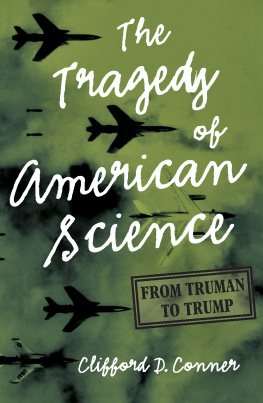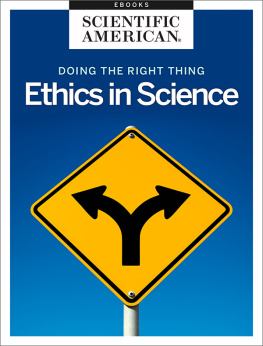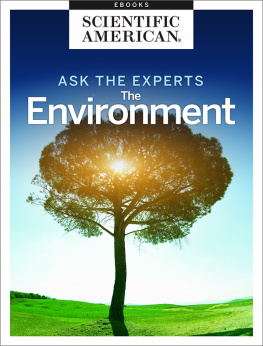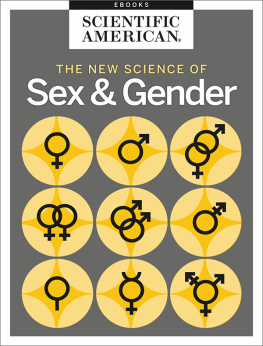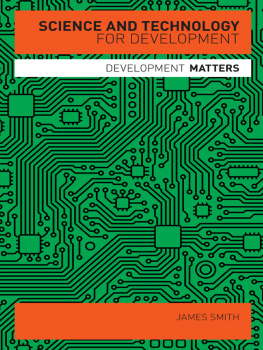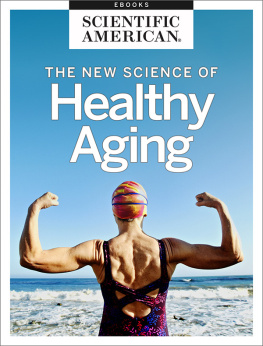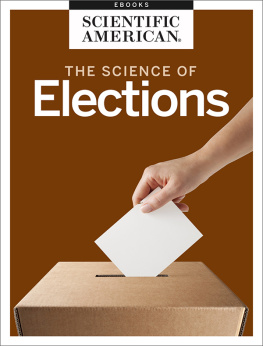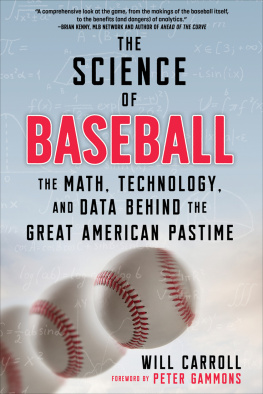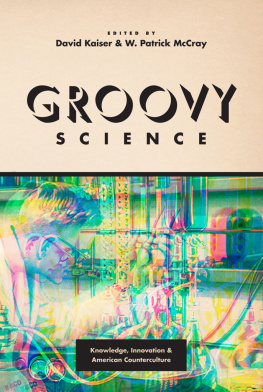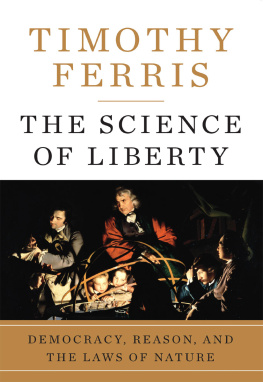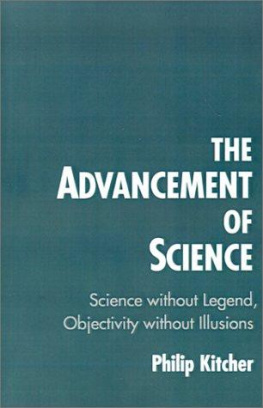The language of Enlightenment has been hijacked in the name of corporate greed, the police state, a politically compromised science, and a permanent war economy. The economic individualism of the early, enlightened middle classes has now spawned into vast corporations which trample over group and individual rights, shaping our destinies without the slightest popular accountability. The liberal state, founded among other things to protect individual freedom, has burgeoned in our time into the surveillance state. Scientific rationality and freedom of inquiry have been harnessed to the ends of commercial profit and weapons of war.
Terry Eagleton, Reason, Faith, and Revolution:
Reflections on the God Debate
Foreword
This is a work of contemporary history. The mercurial nature of current American politics makes writing this form of history more daunting than usual. From the time the manuscript is submitted to the publisher to when the book comes off the presses, some details may already be out of date. Unfortunately, however, the essential theme of the book is unlikely to be outdated anytime soon. How I wish that were not so!
The sources of information upon which I have drawn are likewise contemporary rather than archival. For the most part, they originated not with scientists but with investigative journalists, public-interest advocates and litigators, conscientious leakers, and whistleblowers (some of whom have also been courageous scientists). That is because the tragedy of contemporary science is less about science than about economics, politics, and public relations. The scientists did not cause it; many of them, too, are its victims.
The title is a conscious echo of one that strongly influenced my own path of development as a historian: William Appleman Williamss The Tragedy of American Diplomacy .
The book originated as a chapter I contributed to a collection of essays entitled Imagine: Living in a Socialist USA (HarperCollins, 2014) . In imagining how the practices of science and technology could be optimized, I was forced to confront their current state. I found them not only deficient but also tragic, which led me to transform that essay into the book you are now reading.
A Coronavirus Postscript
As if to illustrate my caveat that rapidly changing circumstances might overtake what I am writing here, the outbreak of the COVID-19 pandemic issued an unprecedented challenge to American science just as the book was about to go to press. Although this story has only begun to unfold, its enormous impact and potential consequences demand an initial assessment of what it means for science and society alike. I have attempted to provide one in an epilogue to this book.
Clifford D. Conner
May 2020
Contents
The Corporatization of American Science
The Militarization of American Science
How We Got into This Mess...
... And the Only Way Out
Chapter 1
The Big Fat Lie
Research into food-related problems is conducted by scientists trained in a large number of traditional disciplines, from microbiology and physical chemistry to gastroenterology and psychiatry. This inquiry into the current state of the food sciences, however, focuses on two broader areas of interdisciplinary interest: nutrition science (the subject of this chapter) and agronomy (the subject of the next chapter). Nutrition science concerns the interaction of food and human bodies, and agronomy has to do with how food is produced.
Is Nutrition Science an Oxymoron?
The crucial role of nutrition in human health means that everyone has a stake in the accuracy of information about the food we eat. Almost half the adult population of the United States133 million peoplehas at least one of the four leading diet-related
My personal experience with food-related advicea lifelong effort to keep my weight under controlhas led me to think of the phrase nutrition science as an oxymoron. However unfair that characterization may seem, frequent scandals have laid bare significant ways in which nutrition research has indeed been deeply corrupted.
In September 2018, the career of one of the most respected food researchers in America... came to an unceremonious end, wrote Anahad OConnor in the
Some experts perceived this scandal to be symptomatic of a broader problem in food and health research. Critics argue that an alarming number of food studies are misleading, unscientific or manipulated to draw dubious conclusions.
Dr. Wansinks lab was known for data dredging, or p-hacking, the process of running exhaustive analyses on data sets to tease out subtle signals that might otherwise be unremarkable. Critics say it is tantamount to casting a wide net and then creating a hypothesis to support whatever cherry-picked findings seem interestingthe opposite of the scientific method.
Dr. Wansinks disgrace and the exposure of his unscrupulous methods are, unfortunately, not expected to lead to major improvements in nutrition science practices. As will become clear in the examples below, studies based on flimsy statistical evidence are far from rare, and no one thinks data dredging is going away anytime soon.
How Scientific Are the Governments Dietary Guidelines?
If you had come to accept as an article of faith that eating low-fat foods is essential to the good health of your heart, you were not alone. Meanwhile, public awareness of sugar as a factor in causing heart disease has been comparatively nonexistent. These perceptions had long been promoted as scientifically based by the nutrition profession and bolstered by the stamp of government approval.
The federal government issues and updates its Dietary Guidelines for Americans every five years. Whether or not very many Americans pay direct attention to them, the guidelines have a substantial impact on the way we eat. They form the basis of nutrition education, food labeling laws, food-assistance programs, and research priorities at the National Institutes of Health. Those food-assistance programs, by the way, directly impact a quarter of the American population. School breakfast and lunch programs and the food-stamp program SNAP (Supplemental Nutrition Assistance Program) expend more than $100 billion a year to provide food that is legally bound to meet the federal nutrition requirements. Furthermore, the guidelines affect not only Americans; they serve as a model for governmental dietary recommendations throughout the world.
The guidelines are required by law to reflect the preponderance of the scientific and medical knowledge regarding nutrition.
When the preliminary report appeared in February 2015, it attracted an unprecedented level of interest. Whereas the previous report, five years earlier, received only about two thousand public comments, this one was greeted by twenty-nine thousand. And that was but the opening round of raging debates between consumer advocates and lobbyists over sugar, red meat, sustainable agriculture, and science. The BMJ (formerly the British Medical Journal ) published an in-depth analysis of the report, sharply criticizing it as insufficiently scientific.
A key element of the BMJ s critique was that the science allegedly underlying the report was tainted by financial conflicts of interest. The committee of experts acknowledged that they had relied heavily on data provided by health advocacy organizations funded by the food and pharmaceutical industries.
The PepsiCo; and for the first time, the committee chair was not from a university but from a health-industry corporation. In summary, the BMJ charged, This reliance on industry backed groups clearly undermines the credibility of the government report.

